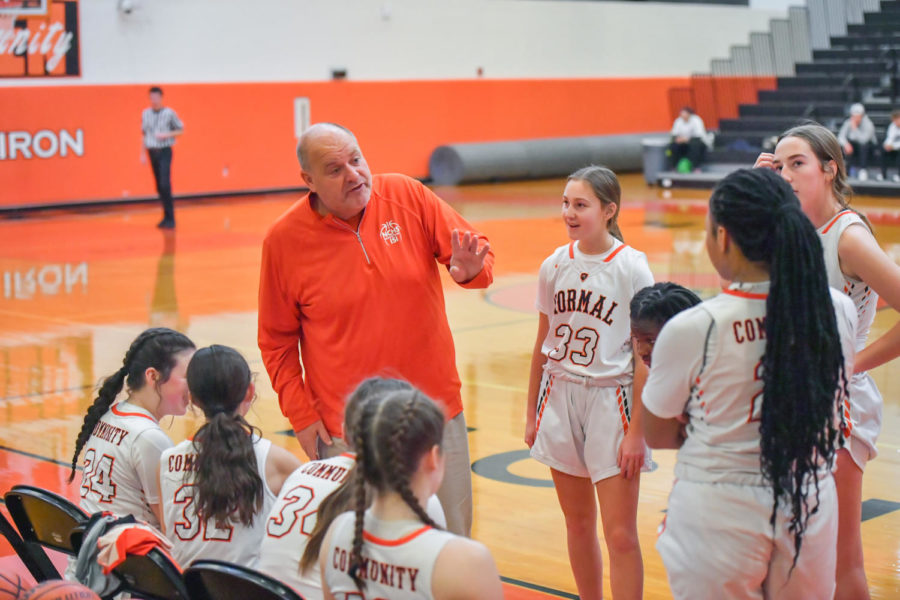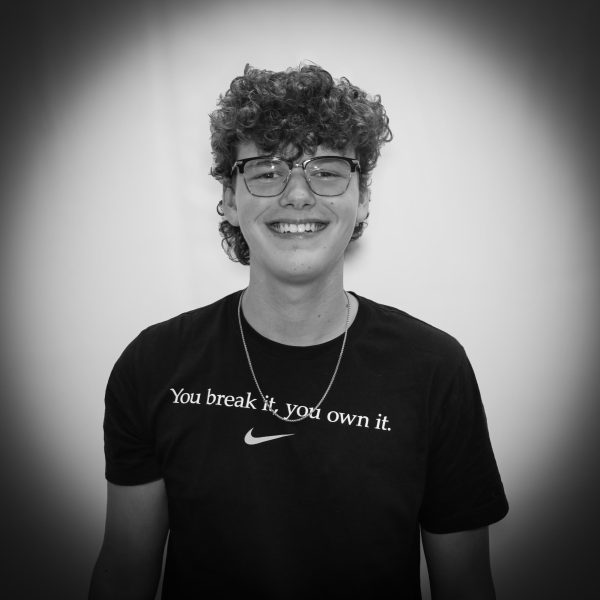To reduce the district’s multi-million-dollar budget deficit, the School Board voted to eliminate junior high and freshman athletics and reduce the number of competitors attending out-of-town contests.
Those cuts, several veteran Community coaches believe, are detrimental.
While the cuts will impact the quality of the Iron athletic programs, head volleyball coach Ms. Christine Konopasek said, the more considerable effect is on students’ overall educational experience.
The values of athletics, Konopasek said, run deep.
Student participation in sports is linked to academic success, self-esteem and relationship development, Konopasek said.
Freshman teams, head girls basketball coach Mr. Dave Feeney said, offer students a unique opportunity to build connections.
“There is a camaraderie that gets built at the freshman level,” Feeney said, “especially in a district like ours, where [students] are coming from different [junior highs].”
Those connections, with both teammates and coaches, Feeney said, can have “a meaningful impact on [a kid’s] life.”
“The kids that you have four years with are ones you still often have relationships with past graduation,” Konopasek said.
“If we don’t have that freshman program, how many [student-athletes] don’t have an adult to talk to? Don’t have someone to get advice from? Don’t have confidence in themselves that they get from that sport?” she continued.
Beyond relationships, athletics, Konopasek said, offer a “wide range of experiences where [student-athletes] learn life lessons through sport.”
Lessons like “dedication,” “commitment” and “loyalty,” the 13-year coach said.
Lessons, Feeney said, like “hard work,” “teamwork” and being “a part of something bigger than yourself.”
“The more that we can get kids to experience those things,” Feeney said, “the better education we’re providing.”
The true impact of the cuts remains unseen, Konopasek said.
“We know statistically,” Konopasek said, “young women are more likely to have self-confidence if they’re in a sport. Young women are less likely to get pregnant if they’re playing a sport. Kids who play sports are often in trouble less.”
“I feel like we don’t even understand how important sports are to individual students,” Konopasek said.
Sports not only occupy and structure students’ time, Konopasek said, but they teach athletes accountability.
“There are expectations [for] them, from their coaches, from their teammates, from their parents,” Konopasek said.
There are also academic expectations.
“We have eligibility,” Konopasek said. “There are certain sports that have study tables,” coaches are “having conversations where we’re emphasizing ‘you need to have As, Bs and Cs.’ You are encouraged, or even mandated through eligibility, to be passing your classes.
“If you have an F, you’re not practicing,” Konopasek said. “You’re studying, you’re going to see a teacher and then you’re coming to practice.”
Athletes at Community, Konopasek believes, have increased academic success because academic accountability is engrained at the freshman level.
The athletic cuts, head boys basketball coach Mr. Dave Witzig said, will also impact roster selection.
“Freshman year,” Witzig said, “is where you start building a program.”
The impact of eliminating freshman athletics, Witzig believes, will go beyond “just the freshman level.”
“Sophomores are going to be cut,” Witzig said.
Feeney agrees.
“Freshman have the most time to develop,” the girls basketball coach said. “If you have a junior of equal ability to a freshman, and there’s only one spot, the younger kid gets the spot because they’ve got longer to play.”
That hypothetical choice, Konopasek said, “is a terrible decision to have to make” as a coach.
Witzig thinks they might not have to.
Witzig, long-term, fears Unit 5 “might lose some good people to other schools,” schools offering athletic experiences the district has cut.
Feeney believes the cuts might deter some prospective athletes from even considering trying out for teams.
Without junior high sports, some students first opportunity to play organized athletics might now at the JV level.
Imagine, Feeney said, that the “first thing you’ve ever done athletically is try out for a sport and your first experience was getting cut. That’s a pretty negative experience.”
“Maybe this could have been something I would have been passionate about, and I didn’t get the opportunity,” Feeney said. “Why would we want to reduce those [experiences]?”
“I think the goal of public education should be that we want to include as many kids as possible in our extracurriculars.”
The approved cuts can be reinstated if the April 4 referendum passes.


![Community honors longtime coach Mr. Bryan Thomas before Oct. 3 game [photo gallery]](https://nchsinkspot.com/wp-content/uploads/2025/10/Thomas-6-1200x1200.jpg)

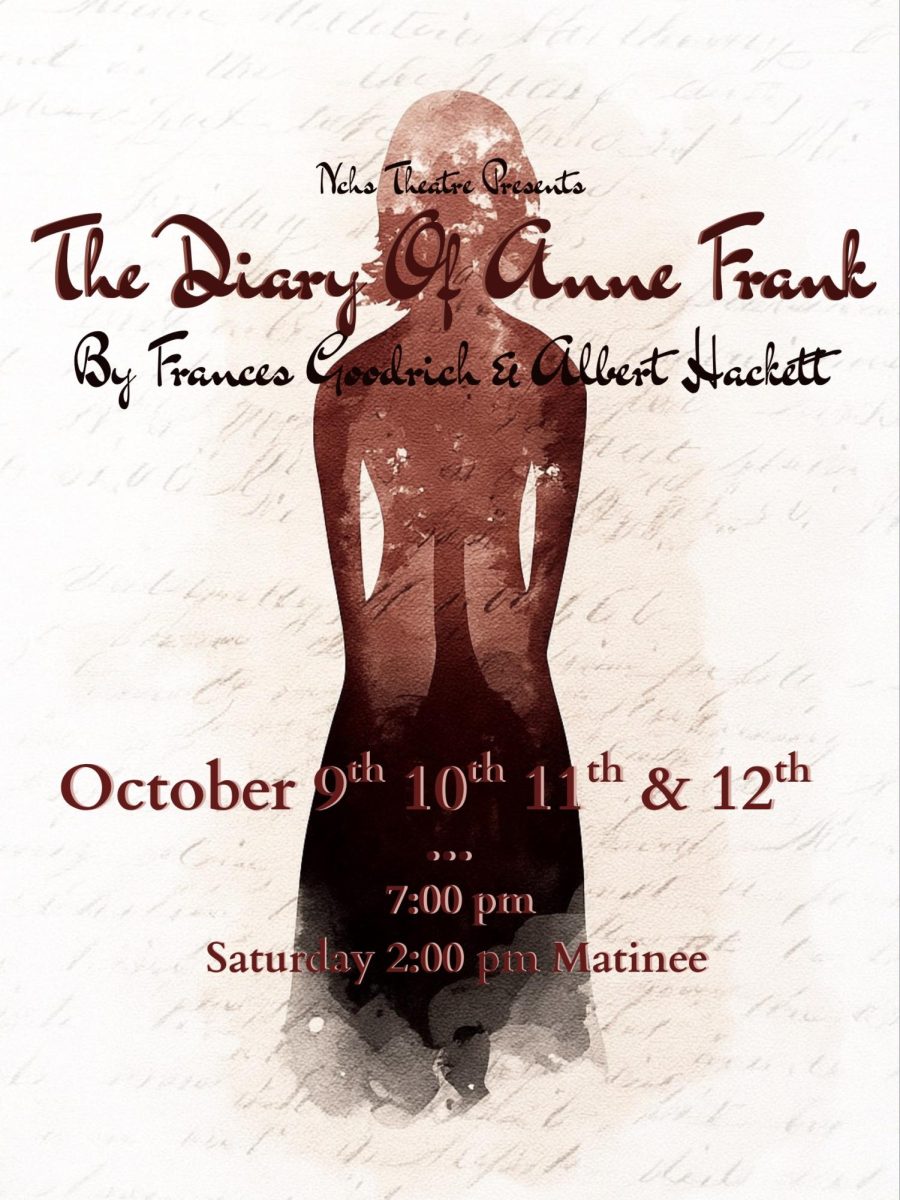
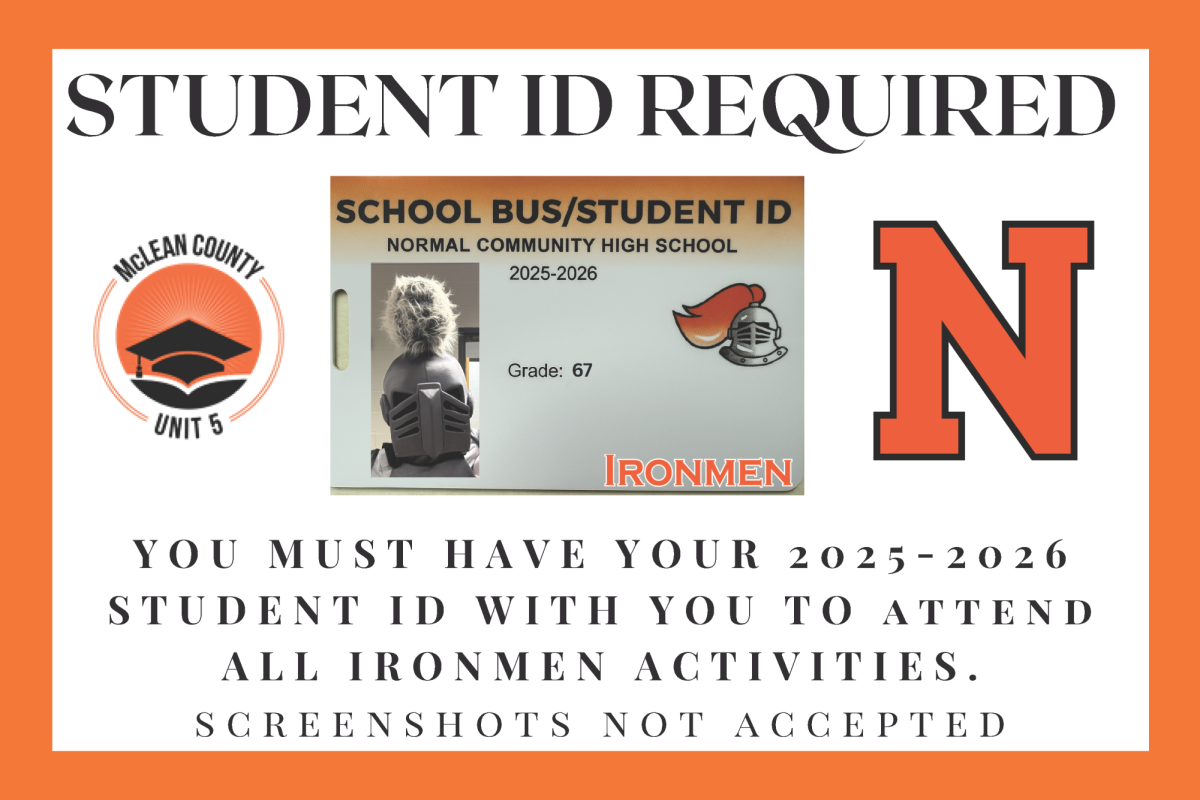
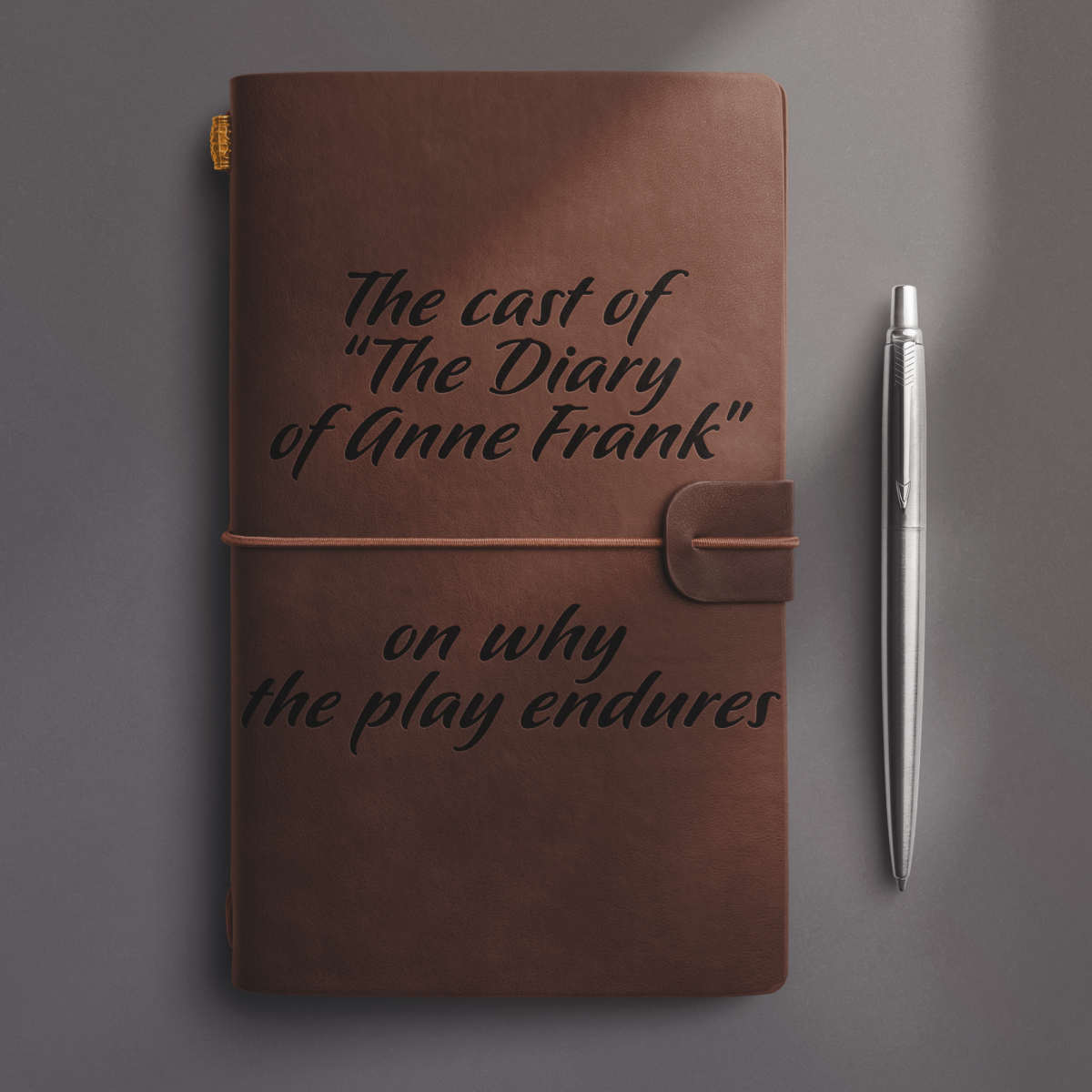



















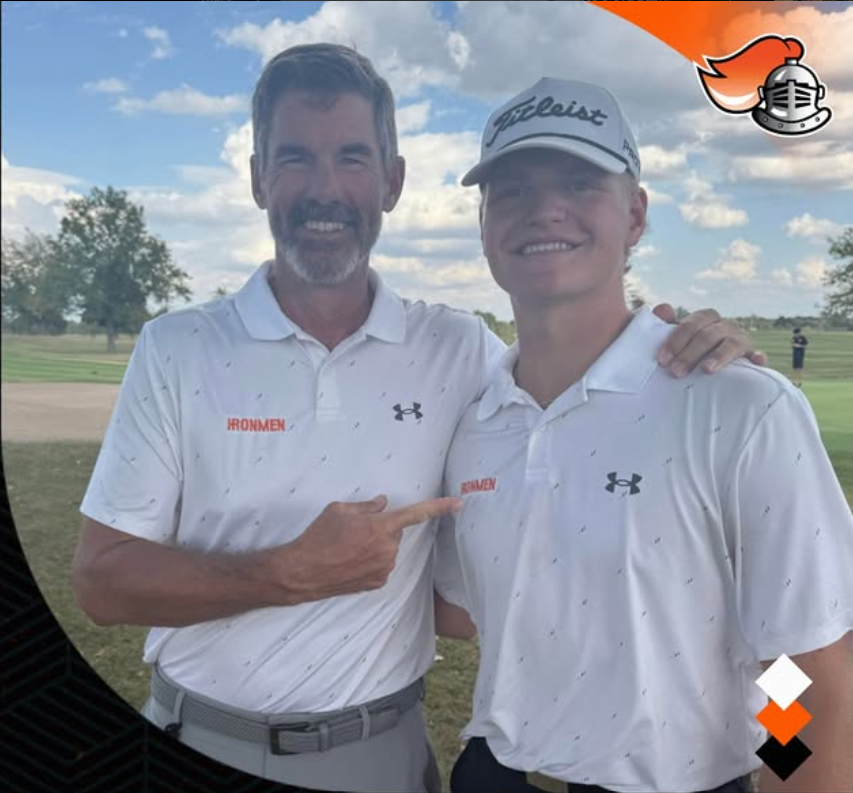
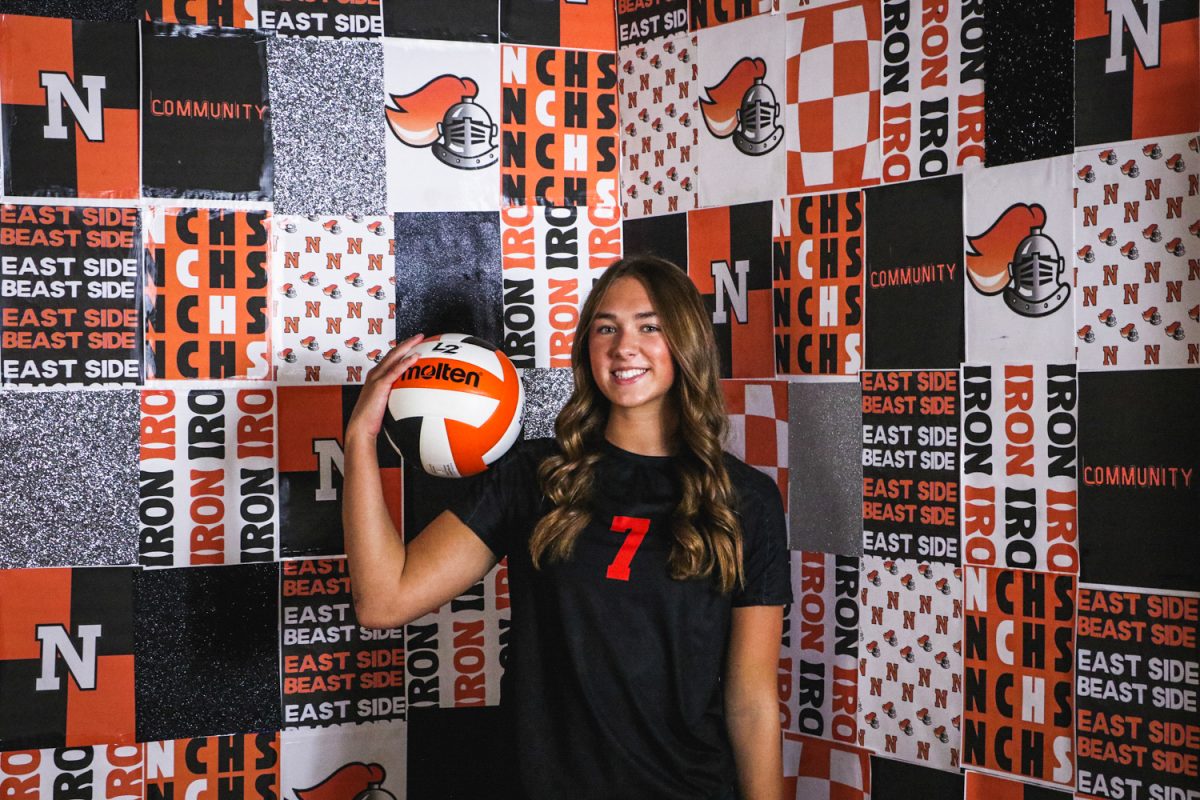
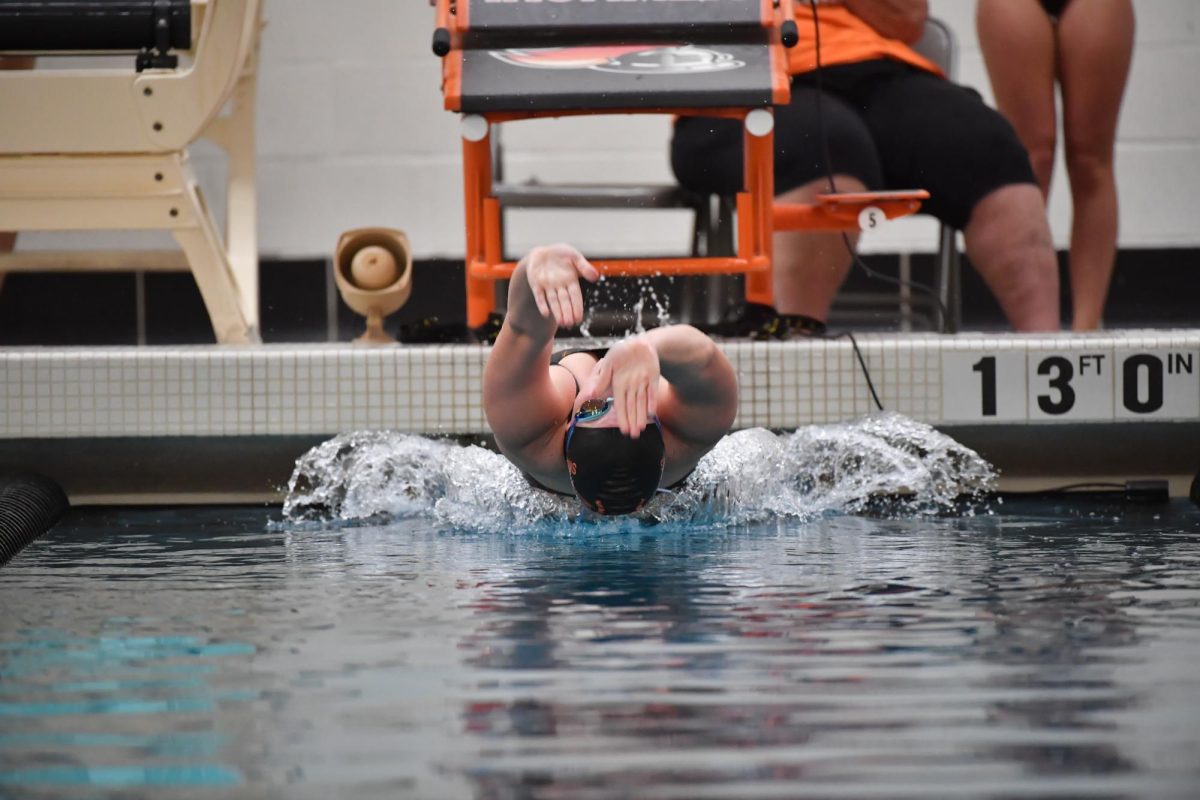
![Week 7: Coach Drengwitz recaps the Ironmen’s win over Bloomington, talks Danville [video]](https://nchsinkspot.com/wp-content/uploads/2025/10/Vikings-feature-Image-1200x675.png)
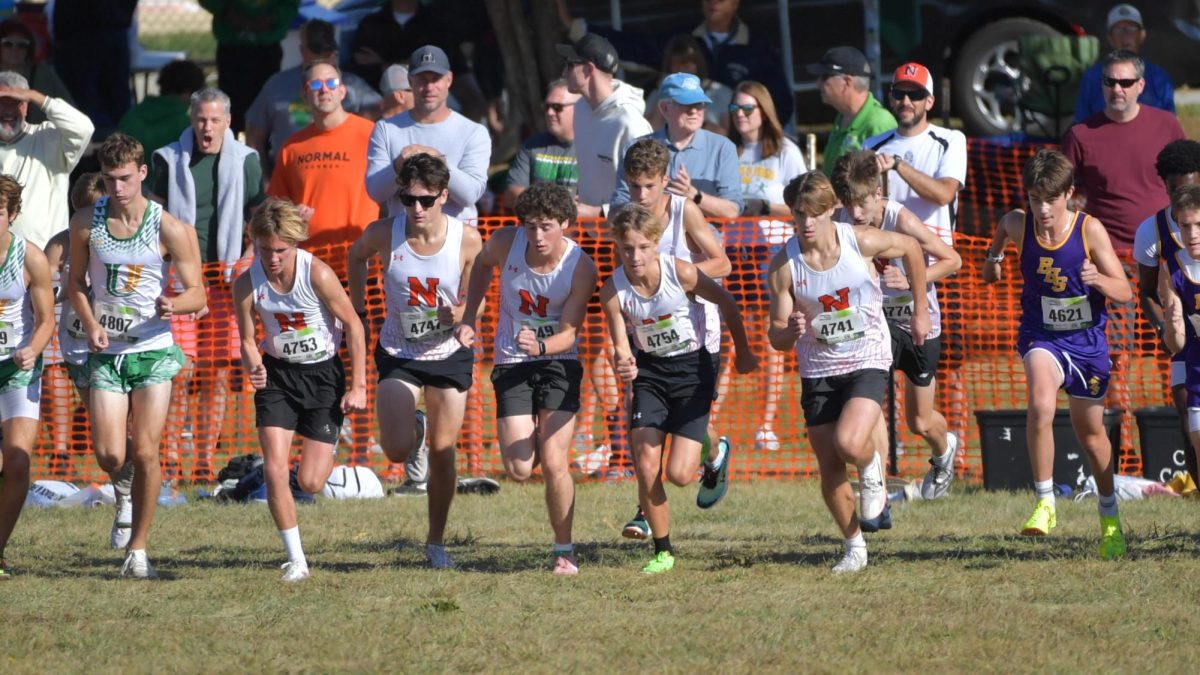





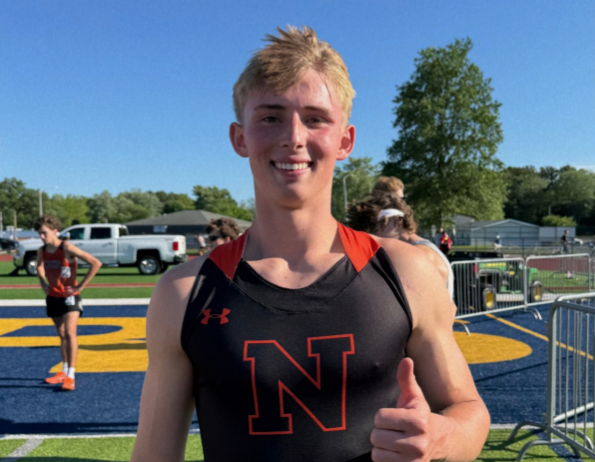
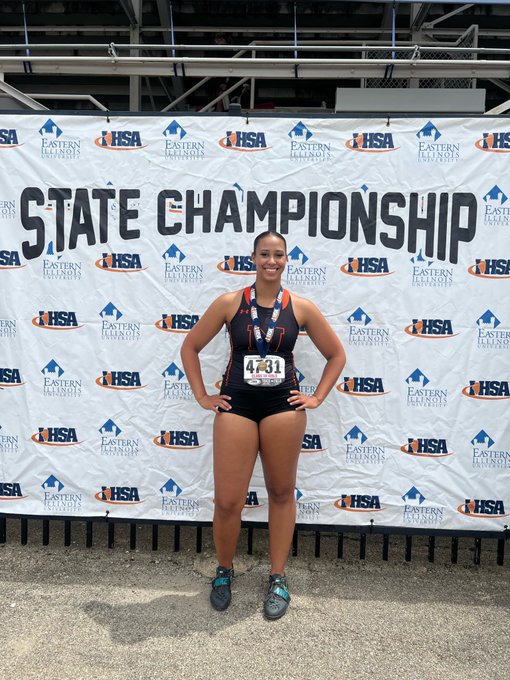
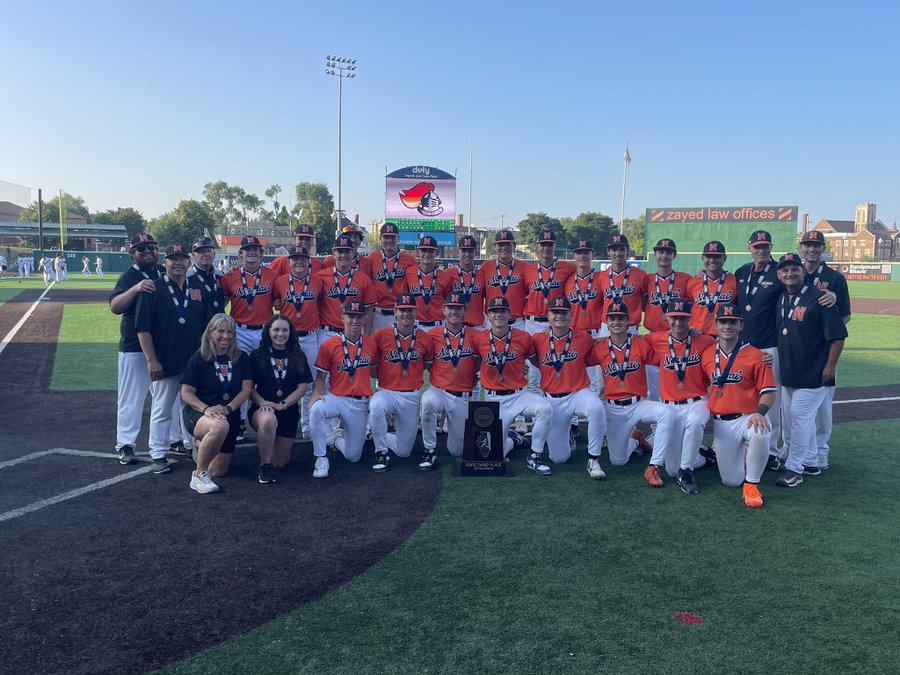








![Halloween candy cross section quiz [quiz]](https://nchsinkspot.com/wp-content/uploads/2022/10/Candy-cover-big-900x675.png)
![Average Jonah? [quiz]](https://nchsinkspot.com/wp-content/uploads/2022/05/average-jonah-900x600.png)







![[Photo Illustration]](https://nchsinkspot.com/wp-content/uploads/2025/09/trigger-words.png)










![Week 5: Coach Drengwitz previews the Ironmen’s matchup vs. Peoria Manual, recaps Week 4 [video]](https://nchsinkspot.com/wp-content/uploads/2025/09/Week-5-v-Rams-1200x675.png)





![Postgame reaction: Coach Drengwitz on Community’s 28-17 Loss to Kankakee [video]](https://nchsinkspot.com/wp-content/uploads/2025/09/Week-4-postgame--1200x675.png)
![Week 4: Coach Drengwitz previews the Ironmen’s matchup vs. Kankakee [video]](https://nchsinkspot.com/wp-content/uploads/2025/09/Ironmen-v-Kankakee-video-1200x1200.png)
![On the Spot: This or That – Halloween [video]](https://nchsinkspot.com/wp-content/uploads/2024/10/tot-Halloween-YT-1200x675.png)
![On the Spot: This or That – Fall favorites [video]](https://nchsinkspot.com/wp-content/uploads/2024/10/ots-fall-web-1200x800.png)
![On the Spot – Teachers tested on 2023’s hottest words [video]](https://nchsinkspot.com/wp-content/uploads/2024/01/On-the-Spot-Teachers-tested-1200x675.png)








